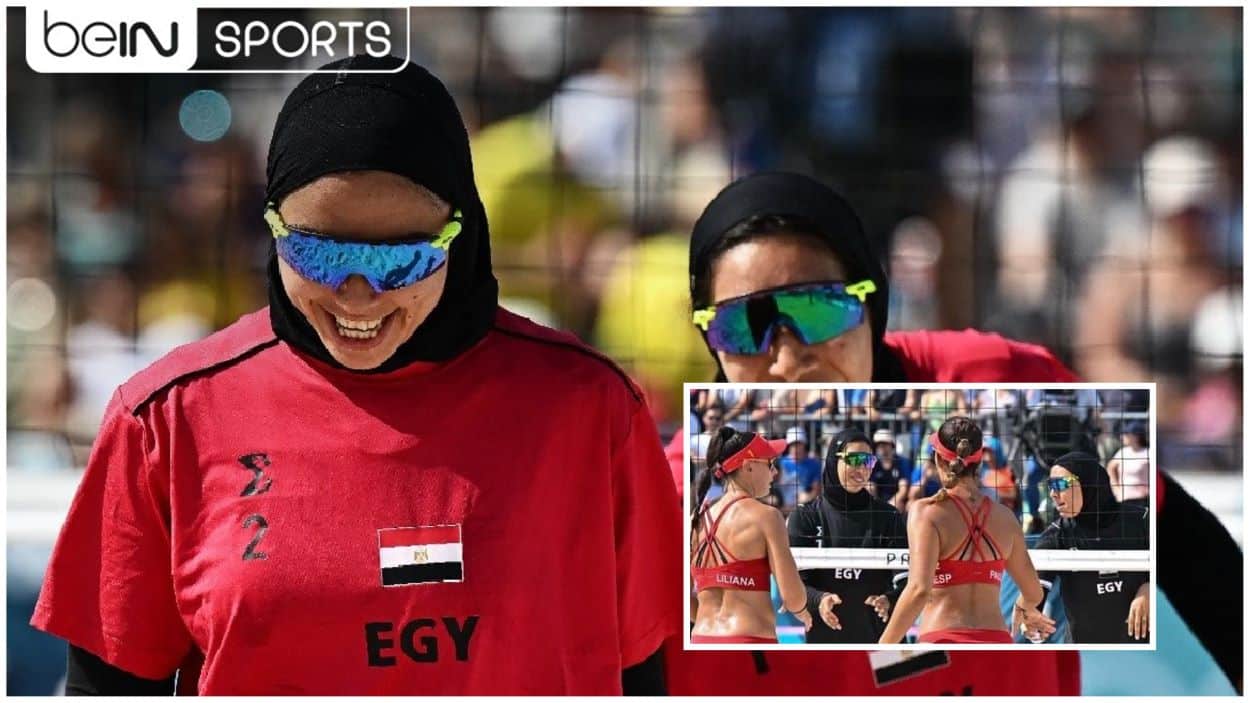At the Paris Olympics, a beach volleyball match between Spain and Egypt sparked significant debate on social media, with the focus more on the players’ attire than their athletic performance.
The match was crucial to the pool play, determining the quarterfinal matchups. As images circulated online, the stark contrast between the Spanish team’s bikinis and the Egyptian team’s hijabs, long-sleeved shirts, and leggings highlighted cultural differences in sportswear, igniting discussions.
Spain showcased excellent skills, winning the match in straight sets, but the conversation online extended beyond the court. If representing France, the Egyptian players would face restrictions against wearing hijabs due to a controversial ban, which they have publicly criticized.
Egypt’s Doaa Elghobashy made a poignant statement in an interview with Expressen, emphasizing respect for individual choices in attire, “I want to play in my hijab; she wants to play in a bikini. Everything is OK if you want to be naked or wear a hijab. Just respect all different cultures and religions.”
Her message was clear: “I don’t tell you to wear a hijab, and you don’t tell me to wear a bikini. No one can tell me how to dress. It’s a free country; everyone should be allowed to do what they want.”
In response to France’s hijab ban, Amnesty International, alongside ten other organizations, appealed to the International Olympic Committee (IOC) in June, requesting a reversal of the ban to prevent discrimination against Muslim athletes.







